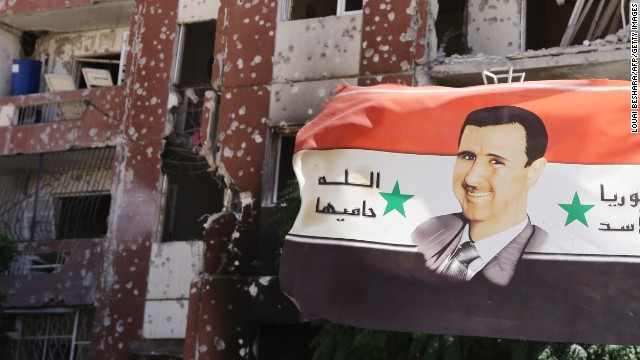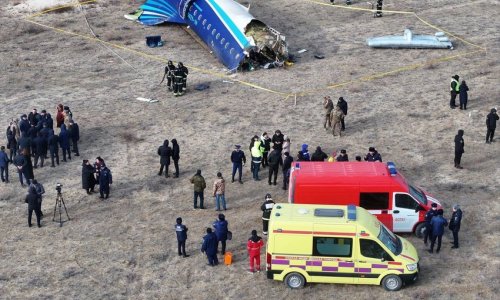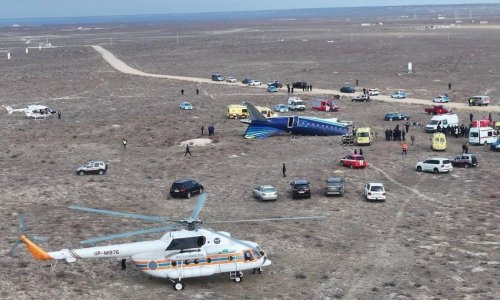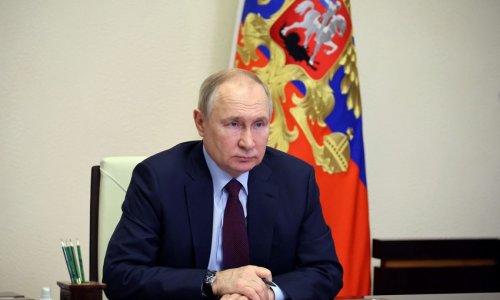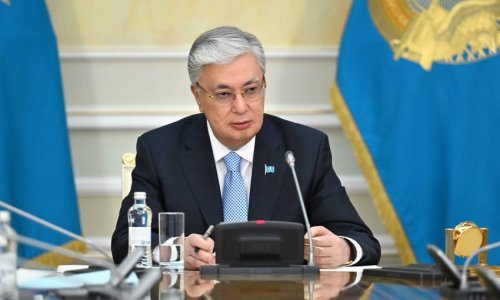In an interview with Paris Match, a portion of which was published online Wednesday, al-Assad said his government has "noticed no change" in ISIS since the air campaign began more than two months ago.
"It isn't true that the strikes are helpful," the Syrian President said. "They would, of course, have helped had they been serious and efficient."
After first striking ISIS targets in Iraq, the U.S.-led coalition went after the group inside Syria in September. These efforts haven't been coordinated with al-Assad's government, which U.S. and other Western leaders have said they want replaced -- even going as far, in some cases, as supporting and working with moderate opposition forces fighting to unseat him.
Yet al-Assad said in his Paris Match interview, which took place on November 28 in Damascus and will be published in full Thursday, that the U.S.-led military campaign has limited use because "you can't end terrorism with aerial strikes. Troops on the ground that know the land and can react are essential."
Whether or not the strikes have hurt ISIS, there's been little indication that they or anything else has gotten Syria closer to an end to a civil war that erupted after mostly peaceful protests in Daraa province in March 2011.
Kerry says anti-ISIS coalition has made progress
U.S. Secretary of State John Kerry, however, offered a very different view of the anti-ISIS fight Wednesday.
Addressing reporters in Brussels, Belgium, after a meeting of representatives from the 60 members of the coalition, Kerry said various efforts -- from more than 1,000 airstrikes to sanctions -- have significantly hampered ISIS in the Middle East.
"There was a consensus that the momentum which it had exhibited 2½ months ago has been halted," he said. ISIS "has been forced to modify its tactics, and some of those modifications are severely hampering their ability to operate in the way that they were."
He added that the coalition has taken important steps in "defeating (ISIS) on the battlefield, restricting its finances, enacting laws to restrict the flow of foreign fighters and countering its toxic ideology."
The airstrikes are part of that overall strategy, and they show no signs of letting up. U.S. Central Command said that between Monday and Wednesday of this week, there were 14 coalition airstrikes in Syria -- all of them near Kobani, the city near the Turkish border that in recent weeks has become a key battleground in the ongoing fight -- in addition to 11 such strikes inside Iraq.
Conflicting figures
The United Nations has estimated more than 100,000 people have died in the Syrian civil war. Yet the Syrian Observatory for Human Rights says the toll is much higher, claiming Tuesday that it's more than 200,000 people -- among them about 63,000 civilians, 45,000 Syrian troops and more than 50,000 rebel fighters.
Millions more have been displaced inside Syria by the violence, with the United Nations estimating up to 1.8 million refugees in neighboring Lebanon, Jordan, Turkey, Iraq and Egypt. And the situation may only get worse, after the U.N.'s World Food Program earlier this week announced the suspension of food vouchers for Syrian refugees because of a lack of funds.
Scenes of devastation inside Kobani
Asked by Paris Match if he'd survive this war -- or if he would have the same fate as once entrenched but later deposed leaders Saddam Hussein in Iraq and Moammar Gadhafi in Libya -- al-Assad said, "The captain doesn't think about death or life, he thinks about saving his ship. If he thinks about sinking, everyone will die."
Al-Assad insisted that his goal has never been to remain President indefinitely, adding, "I am doing my best to save the country."
"Regardless (of) what happens, we as Syrians will never allow our country to become a toy in Western hands," he said. "It is a fundamental principle for us."
(CNN)
ANN.Az
Follow us !

